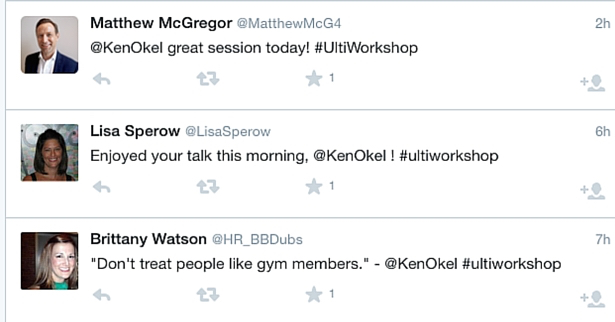 In successful organizations, your top performers may remind you of the adventures of the Mission Impossible films and TV show. We like these productions because people, who are really good at their jobs, find ways to overcome incredible challenges.
In successful organizations, your top performers may remind you of the adventures of the Mission Impossible films and TV show. We like these productions because people, who are really good at their jobs, find ways to overcome incredible challenges.
I’m guessing you have some top performers in your business. These are the people you believe can face a challenging situation and produce a good outcome. It may be an emergency, an unexpected opportunity, or recovering from a mistake. Whatever the case, you trust these people and know they’ll make things right.
Great employees like these are hard to find and you want to retain them. To keep your organization strong, consider these things:
- Think about what makes these people top performers? Is it training, a great supervisor, or a quality you can look for in future employees?
- While these people are good at what they do, are you overloading them with work? The path to burnout can come from good intentions. Just because someone is really good at their job, doesn’t mean every new project should land on his or her desk.
- What are you doing to keep these employees engaged and retained? Are you investing in them or treating them like a rental car?
You should also consider the employees who are not on your Mission Impossible team. Not everyone can be top performers but are these people who have the ability to grow into something more? Do you think of them as stuck or sliding back on their potential? Consider these points:
- Do these people need more training in order to improve?
- Are they just not a good fit in their current role? Is there a better role elsewhere in the business or should a conversation begin about the person needing to look for a better match elsewhere?
- Are low performers tolerated and not held accountable? Don’t ignore a leaky faucet.
Final Thought on Your Top Performers
Your Mission Impossible performers, who can make miracles happen, will shape the future of your organization. Don’t allow them to self-destruct. At the same time, make sure your lower performing employees aren’t allowed to become stagnant.






